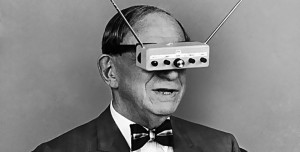This post will discuss the balance presented within our media and questions whether contested issues are really contested or just skewed.
There’s no denying that the media plays a very influential role in shaping the debate around issues and the general populations opinions. Yet the discourse surrounding climate change has been shaped on a false balance (Ward 2009). As Ward (2009, p. 14) explains “in reporting on climate change and the findings in the physical and earth sciences defining it, US reporters [sic: consistent with Australian reporters] for many years practiced what critics contend is a “false balance”, providing space disproportionate to its scientific credibility to perspectives running counter to what is now widely accepted as the “established” scientific judgement’. Therefore reporters have been balancing opinions about science when in fact they would have been better off evaluating and reporting evidence based science (Ward 2009, p. 14).


